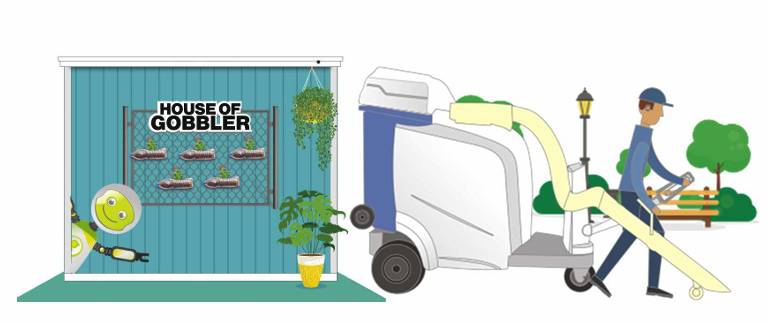Manual Sweeping
In India, we expect that sweeping would accomplish both sediment collection as well as litter collection, but it differs
There are many different parameters on which collection differs, such as timing (i.e., sediment collection should be done on a daily basis, while litter collection on an hourly basis).
- Dust Cloud: Sweeping often creates a dust cloud that can affect air quality and visibility.
- Health Issues: The dust and debris can cause respiratory problems and other health issues for the workers.
- Less Area Coverage: Manual sweeping is less efficient and covers a smaller area compared to mechanical methods.
- Lack of Visibility: Dust clouds and debris can reduce visibility, making it difficult to ensure thorough cleaning
- Time Consuming:Manual sweeping is a slow process that requires more time and effort.
- Inconsistent Cleaning: The quality of manual sweeping can vary based on the worker's skill and diligence.
- Fatigue and Physical Strain: Sweeping manually can cause physical strain and fatigue among workers, reducing their productivity over time.
- Lack of Hygiene: Improper use and maintenance of litter bins can lead to unhygienic conditions and thus hesitation to use


Policy Implementation
Regulatory and Enforcement Challenges: While India has implemented various regulations to address plastic waste, enforcement remains a major challenge
The Plastic Waste Management Rules 2016 (amended in 2022) ban certain single-use plastics, but implementation is inconsistent acrossstates
The Extended Producer Responsibility system faces issues with fraudulent certificates and inadequate monitoring.
The informal nature of much of the recycling sector makes it difficult to regulate andimprove practices.
India is among the 12 countries responsible for 60% of the planet's mismanaged plastic waste.
Technology
Technological and Infrastructure Gaps: India faces significant technological and infrastructure deficits in managing plastic waste
Many municipalities lack modern waste segregation and processing facilities
Only 60% of the total collected plastic waste is recycled in India.
Advanced recycling technologies for handling multi-layered plastics and other difficult-to-recycle materials are not widely available.
The lack of a comprehensive waste tracking system makes it difficult to monitor the flow of plastic waste from generation to disposal or recycling

